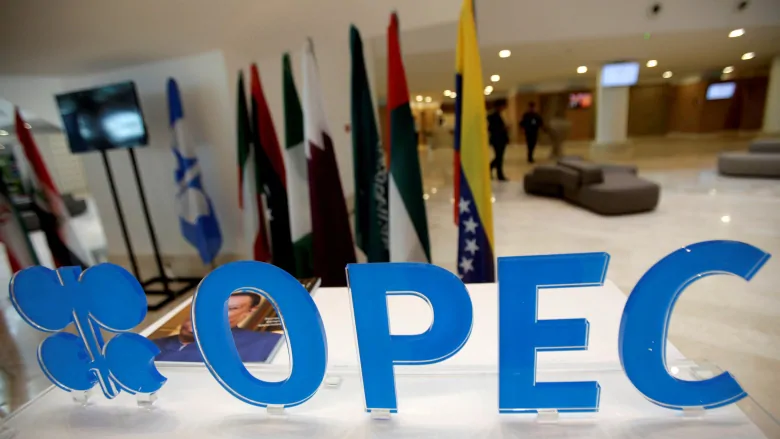The OPEC cartel and other oil producers agreed Sunday to cut crude production by at least a tenth of global supply — an unprecedented move to stabilize the market, according to several energy officials who participated in the talks.

The OPEC cartel and other oil producers agreed Sunday to cut crude production by at least a tenth of global supply — an unprecedented move to stabilize the market.
Russian President Vladimir Putin, U.S. President Donald Trump and Saudi Arabia’s King Salman all support the deal, which would see global crude output cut by 9.7 million barrels a day, the Kremlin said Sunday.
OPEC confirmed in a release the cuts will begin May 1 and continue until June 30. After that, the countries will keep gradually decreasing curbs on production until April 2022. From July until December of this year, output cuts will continue at 7.7 million bpd, and 5.8 million bpd for the 16 months after that.
The so-called OPEC+ countries agreed to have Mexico reduce its daily output by 100,000 barrels only for those two months, which had been a sticking point for the accord. The pact came after a marathon video conference between officials from 23 nations. The group will meet again in June to determine if further actions are needed.
OPEC+ said in a draft statement seen by Reuters effective oil output cuts could amount to more than 20 million bpd, or 20 per cent of global supply, if contributions from non-members, steeper voluntary cuts by some OPEC+ members and strategic stocks purchases were taken into account.
Global measures to slow the spread of the coronavirus have destroyed demand for fuel and driven down oil prices, straining budgets of oil producers. Consumption has dropped by an estimated 30 million bpd.
Trump had threatened OPEC leader Saudi Arabia with oil tariffs and other measures if it did not fix the market’s oversupply problem. Low prices have put the U.S. oil industry, the world’s largest, in severe distress.
Canada hasn’t committed to specific cuts
OPEC+ has said it wanted producers outside the group, such as the United States, Canada, Brazil and Norway, to cut a further five per cent, or five million bpd.
C

